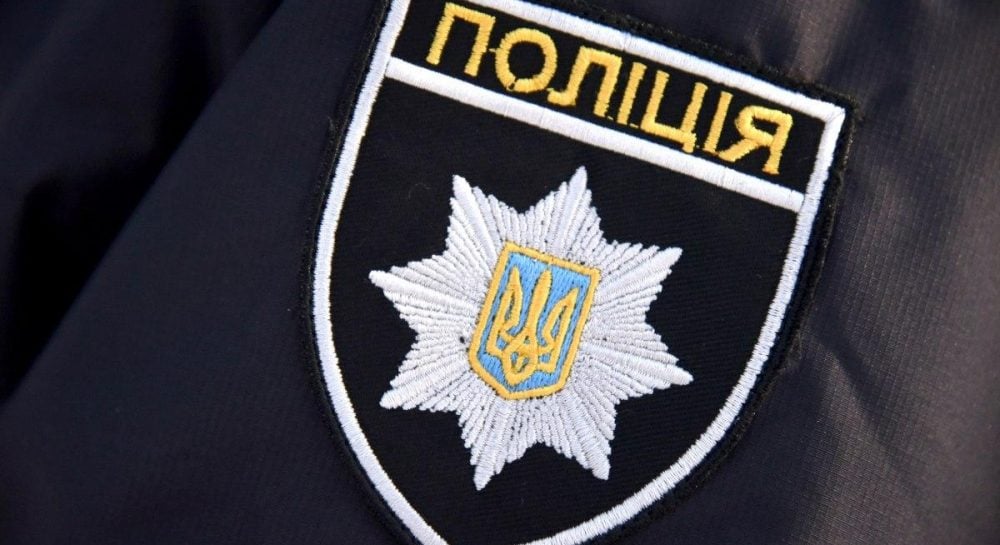And that brings us to the point about Vaughan Williams: he was an innovator, an experimenter, a man who absorbed the currents of what was going on around him and expressed it in his writing. Before the Great War he projected the then hugely pervasive influence of Walt Whitman in his A Sea Symphony and his choral work Toward the Unknown Region; he embraced the interest in Tudor polyphony in the Tallis Fantasia and his own experience as a man living and working in London in his London Symphony – or as he called it, his “Symphony by a Londoner”.
But then the war changed everything. His Pastoral Symphony, caricatured as “VW rolling over and over in a ploughed field on a muddy day” was in fact about the landscape, and the trauma, of the Western Front. His oratorio Sancta Civitas, finished in 1925, had a darkness that infused much of his music in the inter-war years and owed nothing to the supposedly suffocating influence of English folk song. The percussive Piano Concerto and the ballet Job: A Masque for Dancing – both from 1930 – and his unprecedentedly dissonant F Minor Symphony of 1935 continued to reflect a sense of doubt and fear, and an absence of the cheerful optimism that characterised the composer’s early work. In the age of the great depression and the rise of Hitler, he struck an appropriate tone; and it became more so by 1936 with the first performance of Dona Nobis Pacem, a cantata about the threat to peace being posed by the rise of fascism.
By the time war came again, he was the musical conscience of the nation, with a stature as a public figure unknown among British composers today. Throughout that war, and after it, he articulated the feelings of the people for whom he wrote, not just through his radically contrasting Fifth and Sixth symphonies, but finding a whole new audience through his film music – not least his score for Ealing’s 1948 epic Scott of the Antarctic, about another dimension of British endeavour.
But this musical achievement was not the component of Vaughan Williams’s moral greatness as an artist. His success, following on from Elgar’s, finally put British music on the map internationally, with America especially devouring his work. Both through the example of his own music and through his teaching at the Royal College of Music, he nurtured the composers of the English musical renaissance – including Herbert Howells, Arthur Bliss, Jack Moeran, Gerald Finzi, Ruth Gipps and Stanley Bate.
He set an example, too, of wider amateur participation in music, leading the Leith Hill festival in Surrey with choirs from the neighbouring villages. He was one of those engaged in founding what became the Arts Council, and broadcast on radio and on film about the importance of music and of cultural life. His mission was not merely to write great works – which he unquestionably did – but to advance civilisation, not just in Britain but wherever his music his played. He was a great Englishman, but also a great cultural figure who is increasingly appreciated internationally.
The emphasis on the commemoration of Ralph Vaughan Williams this year should be about the moral greatness that comes from such a commitment to art, and not just about the jolly tunes of his they play on Classic FM. Go out and listen to his music – and not just the obvious, popular favourites – and you will begin to see dimensions to this titan you had not thought existed.





